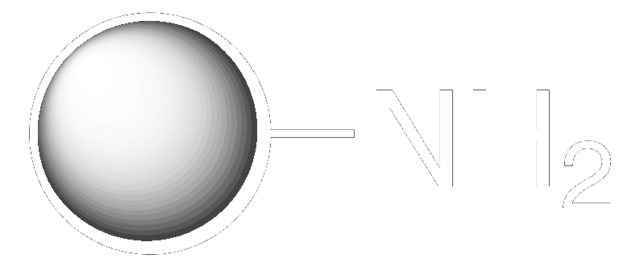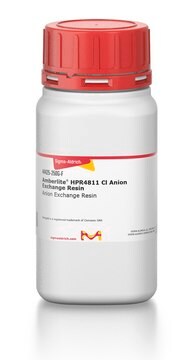440752
Policaprolactona
average Mw ~14,000, average Mn ~10,000 by GPC
Sinónimos:
Homopolímero de 2-oxepanona, Polímero de 6-caprolactona
About This Item
Productos recomendados
form
flakes or chunk(s)
Quality Level
mol wt
average Mn ~10,000 by GPC
average Mw ~14,000
greener alternative product characteristics
Design for Energy Efficiency
Use of Renewable Feedstocks
Learn more about the Principles of Green Chemistry.
sustainability
Greener Alternative Product
viscosity
400-1000 mPa.s, 50 wt. % in xylene
mp
60 °C (lit.)
transition temp
Tg −60 °C
density
1.146 g/mL at 25 °C
greener alternative category
¿Está buscando productos similares? Visita Guía de comparación de productos
General description
Application
Features and Benefits
No tóxico, biodegradable en el suelo, amplía miscibilidad, compatibilidad química con muchos polímeros y buena adhesión a un amplio espectro de sustratos.
Physical form
Related product
Storage Class
11 - Combustible Solids
wgk_germany
WGK 3
flash_point_f
>230.0 °F
flash_point_c
> 110 °C
ppe
Eyeshields, Gloves, type N95 (US)
Elija entre una de las versiones más recientes:
¿Ya tiene este producto?
Encuentre la documentación para los productos que ha comprado recientemente en la Biblioteca de documentos.
Los clientes también vieron
Artículos
We will explore the technological advances that have contributed toward the progress of 3DP of tissue engineering scaffolds, current materials used to create 3DP scaffolds, and the challenges that remain.
In the past two decades, tissue engineering and regenerative medicine have become important interdisciplinary fields that span biology, chemistry, engineering, and medicine.
Innovations in polymer technology have had a significant impact on the advancement of novel drug delivery systems.
Global Trade Item Number
| Número de referencia del producto (SKU) | GTIN |
|---|---|
| 440752-250G | 4061832253411 |
| 440752-500G | 4061835563081 |
| 440752-5G | 4061832253428 |
Nuestro equipo de científicos tiene experiencia en todas las áreas de investigación: Ciencias de la vida, Ciencia de los materiales, Síntesis química, Cromatografía, Analítica y muchas otras.
Póngase en contacto con el Servicio técnico





